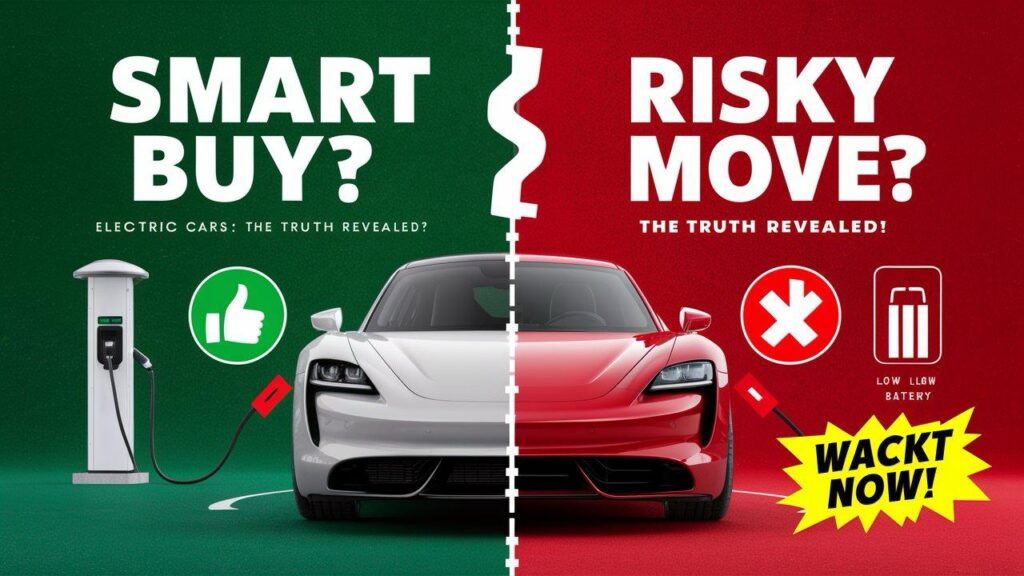
Electric Cars (EVs) are the future of transport in India. With fuel prices going up and growing pollution, more and more people are turning to EVs. The government of India is also encouraging people to go for EVs by giving subsidies and constructing charging stations all over India.
Why India Is Turning Towards EVs?
Increasing Fuel Prices
Petrol and diesel prices have gone up tremendously over the years. An EV can save up to ₹50,000 annually on fuel expenses.
Environmental Benefits
Conventional vehicles emit air pollution, whereas EVs are powered by electricity and do not emit harmful gases. This helps keep cities cleaner and contributes to better public health.
Government Support
The Indian government is encouraging EV uptake by:
- Offering subsidies under the FAME II Scheme
- Taxing GST on EVs reduced from 12% to 5%
- Promoting local manufacturing of EV battery
- Installing more charging stations
Growth in EV Market in 2025
Indian EV market is expanding at a great pace. Below is the table illustrating the projected market size and growth in 2025:
| Year | EV Sales (in lakhs) | Market Size (in ₹ crore) |
|---|---|---|
| 2022 | 10 | 10,000 |
| 2023 | 15 | 15,500 |
| 2024 | 25 | 25,000 |
| 2025 | 40 | 40,000 |
Key Insights:
- The EV market will grow to ₹40,000 crore in 2025.
- EV sales will grow 4 times from 2022.
Top EV Companies in India
Tata Motors
- Best-seller EV: Tata Nexon EV
- Reasonably priced and long battery life
- Sold 50,000+ units in 2024
Ola Electric
- Best-seller model: Ola S1 Pro
- Specialization in two-wheelers with high performance
- Sold 1,00,000+ scooters in 2024
Mahindra Electric
- Recent launch: Mahindra XUV400
- Long driving range and quick charging
- Sold more than 10,000 units in 2024
Ather Energy
- Top in electric scooters
- Famous for smart technology and fashionable designs
- Sold 75,000+ scooters during 2024
MG Motors
- Best-selling EV: MG ZS EV
- Luxury electric SUV with high-end features
- Sales breached 20,000 units in 2024
Challenges in EV Adoption
Charging Infrastructure
There are very few charging points available in India, and therefore, intercity travel is not easy.
High Initial Cost
EVs are costly compared to petrol/diesel vehicles. Government subsidies lower the price though.
Battery Life and Recycling
EV batteries degrade with time and need proper disposal procedures.
Future of EVs in India
- The government wants to have 30% of all vehicles as EVs by 2030.
- Further investments in battery manufacturing to lower costs.
- Expansion in fast charging points in cities and along highways.
- Tata and Tesla are introducing more affordable models.
Do you plan to purchase an EV? Tell us in the comments!
